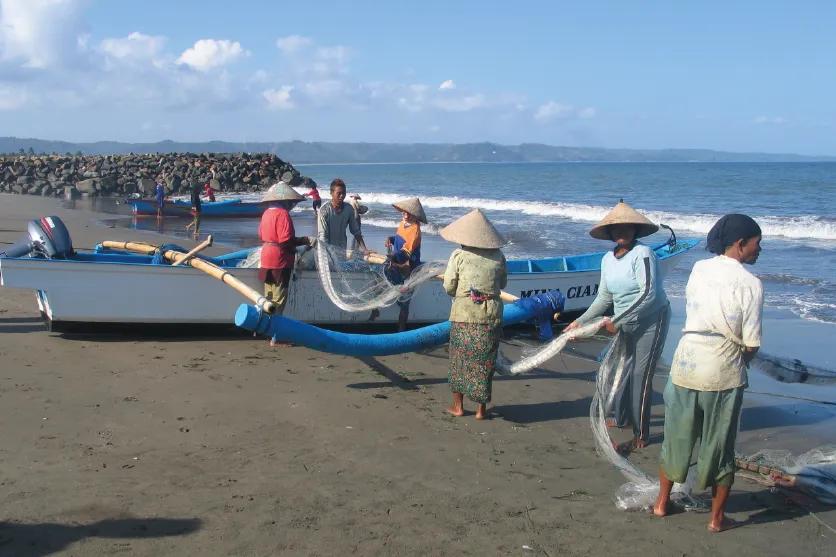Contact Us
Newsletter
During the COVID-19 pandemic, the tourism industry in Malaysia experienced significant job losses, which affected 3.6 million employees. A study revealed that many workers were not formally retrenched but indirect causes such as pay cuts and unpaid leave led to voluntary resignations.
While third-party food delivery apps like GrabFood and Foodpanda have revolutionised Malaysia's culinary landscape, they have also given rise to challenges affecting couriers, restaurant owners, and consumers. The industry faces issues such as worker safety, high commission rates, hidden fees, and…
This article explores the transformative impact of artificial intelligence (AI), particularly ChatGPT, on the tourism and hospitality industry. While ChatGPT offers numerous benefits, such as improved customer satisfaction, reduced costs, and increased revenue through personalised recommendations…
The study of how Asian tourism contributes to climate change is crucial for meeting the terms of the UN Climate Change Conference's and achieving the Sustainable Development Goals. Despite recent efforts, there is still much research to be done in this area. A new paper examines the risks posed by…
In the Pacific island states, tourism growth was significantly affected due to the pandemic and climate change. The vulnerabilities of these nations have led to the need to seriously consider setting-up the appropriate coping mechanisms for the local communities to ‘prosper’ once again.
The COVID-19 pandemic has resulted in the decline of all of Malaysia’s economic sectors, including small and medium enterprises (SMEs). This articles discusses the importance of promoting community health among SMEs in Malaysia.
In October 2022, the world witnessed two deadly large-scale events from Asia. Anticipating a higher level of excitements from event attendees in the post-pandemic era, there must be efficient crowd management to prevent such incidences. This article discusses several strategies that event operators…


















